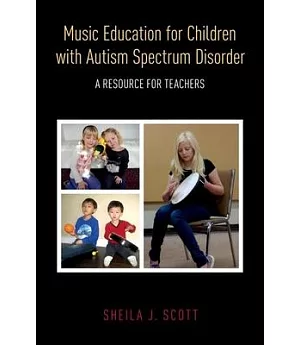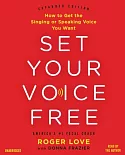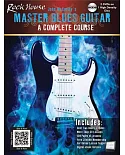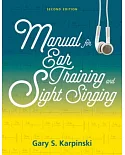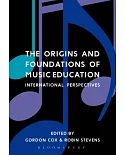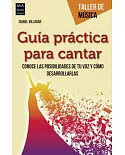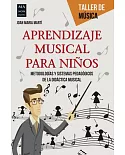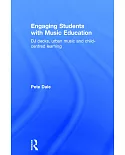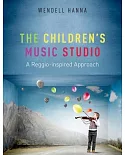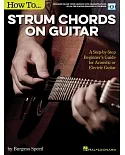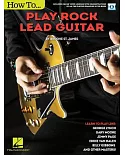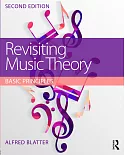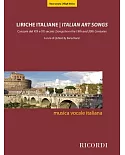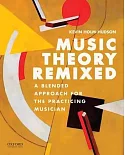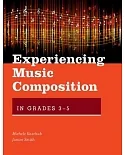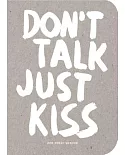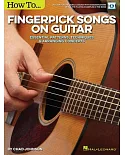Music Education for Children with Autism Spectrum Disorder: A Resource for Teachers provides foundational information about autism spectrum disorder and strategies for engaging
students with ASD in music-based activities such as singing, listening, moving, and playing instruments. This practical resource supplies invaluable frameworks for teachers who work with
early-years students. The book first provides readers with background information about ASD and how students with this condition manage their behaviors in school environments. It then
progresses to provide teachers with information about planning music-based instruction for students on the spectrum. In the book’s midsection, readers learn how students with ASD perceive,
remember, and articulate pitch perception. Following chapters present a series of practical ideas for engaging students with ASD though songs and singing and concentrate on skills in music
listening, most notably on activities that motivate students with ASD to interact with others through joint attention. Challenges that individuals with ASD experience in motor processing are
examined, including difficulties with gait and coordination, motor planning, object control, and imitation. This is followed by practical teaching suggestions for engaging students with
activities in which movement is mediated through sound (e.g., drum beats) and music. Closing chapters introduce non-pitched percussion instruments along with activities in which children engage
in multisensory experiences by playing instruments--musical activities described in preceding chapters are combined with stories and drama to create musical narratives. Music Education for
Children with Autism Spectrum Disorder is accompanied by a companion website that supplies helpful supplemental materials including audio of songs notated in the book for easy
access.

